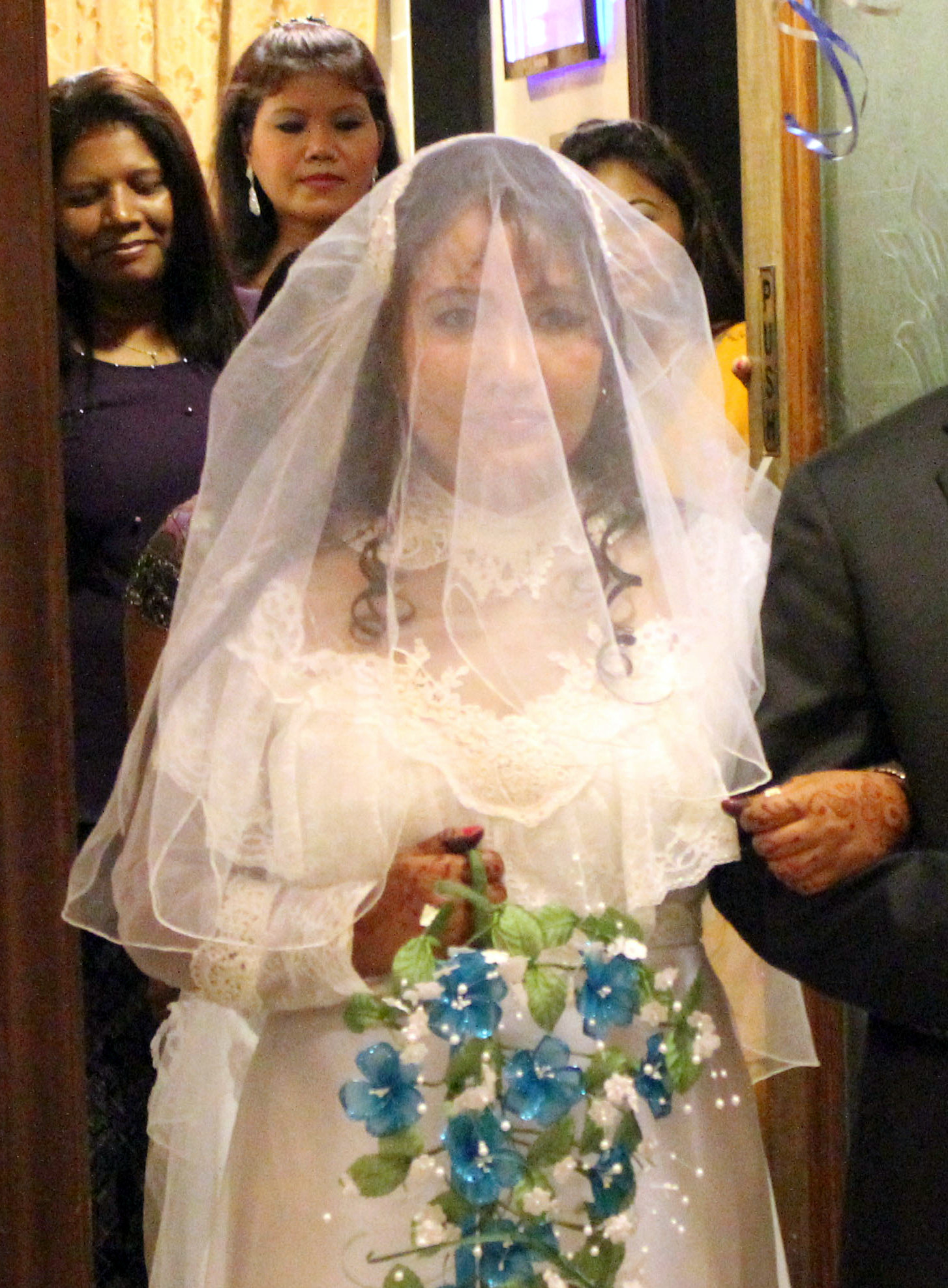The desire of my heart is to stop the cycle of violence
I never knew who my father was, and my mother lived with a man who was very abusive to all of us. In my country Jamaica, the family structure as you know is almost non-existent. 85% of children born do not have a father’s name on their birth certificate, and mothers do whatever they must to care for the children. This usually involves making an “arrangement” with a man who will help provide food or education in exchange for sex with the mother and often with one or more of the children. We call this “making-do”.
I was thrown out of our house for refusing my mother’s boyfriend, and soon, I had my own boyfriend and became pregnant. A girl who is not pregnant by the time she is 15 is referred to as a “mule” and is looked down upon. I went from boyfriend to boyfriend “making-do” and had a second child. I could not take care of my children and was desperate, so I gave them to my mother. I was very depressed and saw no reason to live at all. In my despair, I sought God, whom I knew about but did not really know. Someone told me about a place in Montego Bay, a home for girls like me, and they accepted me on the condition that I conform to the principles and guidelines to live here.
I have committed my life to the Lord and have a happiness for life that I never had before. I am getting some work experience and more tutoring a few days a week at PRCJ (Pregnancy Resource Center of Jamaica). They are teaching me to write and speak properly so I can pass a course that will equip me to work as a housekeeper in the hospitality industry. I am also working with a lady who is teaching me to make drapes and soft furnishings, and I am learning to cook. With the money I earn, I want to help my family.
I am so happy to have the chance to change my life and the desire of my heart is to stop the cycle of violence, abuse and immorality in Jamaica, starting with my own family. I am eager to learn the Bible and it is helping my reading skills too! I have a strong desire to excel in life with God’s help, and to give my three year old daughter and four year old son a better life.
 As I began to heal with God’s help and the love of His people, I was able to help other girls returning to Nepal from the brothels of Bombay. One lady, too sick with the disease to make the trip but desperate to save her six year old daughter from the death sentence of the brothel, sent the little girl, Mannisha, to us just a few weeks after I arrived. We provided the comfort and love for each other that we both so desperately needed. I think of her as my own daughter and she calls me “mommy”; we are a family of God’s making! Today Mannisha is 15 years old and is a fine young lady and good student, testing at the top of her class and aspiring to be a doctor.
As I began to heal with God’s help and the love of His people, I was able to help other girls returning to Nepal from the brothels of Bombay. One lady, too sick with the disease to make the trip but desperate to save her six year old daughter from the death sentence of the brothel, sent the little girl, Mannisha, to us just a few weeks after I arrived. We provided the comfort and love for each other that we both so desperately needed. I think of her as my own daughter and she calls me “mommy”; we are a family of God’s making! Today Mannisha is 15 years old and is a fine young lady and good student, testing at the top of her class and aspiring to be a doctor.





